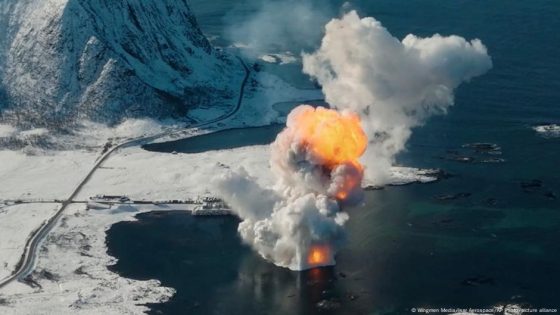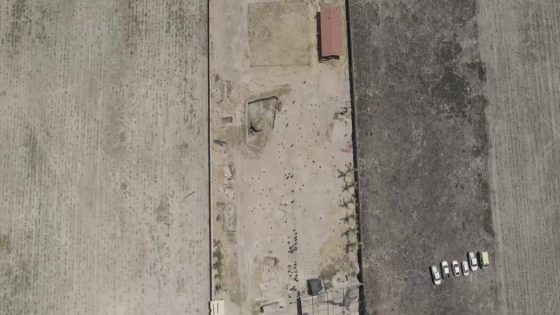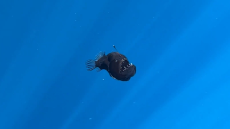An orbital rocket launched from Norway’s Andoya Spaceport crashed shortly after takeoff on March 30, 2025. The Spectrum rocket, built by the German start-up Isar Aerospace, was the first orbital launch from European soil, but it fell into the Norwegian Sea approximately thirty seconds after liftoff.
- First orbital rocket launch from Norway
- Isar Aerospace claims test flight success
- Spectrum rocket crashed after 30 seconds
- Rocket capable of 700-1,000 kg payload
- Call for more funding in European space
- Europe lags behind US, China, India
The launch marked a significant milestone for European space endeavors, as Isar Aerospace aimed to establish itself as a competitor to major players like SpaceX and Blue Origin. The company, founded in 2018 and based in Ottobrunn, Germany, reported that the rocket successfully cleared the launch pad before the crash. The Spectrum rocket is designed to carry payloads of 700 to 1,000 kilograms into orbit.
During the test flight, the rocket was terminated at T+30 seconds, falling into the sea in a controlled manner. Isar Aerospace’s CEO, Daniel Metzler, emphasized that the primary goal was to collect data, stating, “Our first test flight met all our expectations, achieving a great success.” The company plans to use the information gathered to enhance future launches and meet the increasing global demand for satellite launch services.
Marie-Christine von Hahn, managing director of the German Aerospace Industries Association, noted that the launch was a pivotal step for German space travel. She highlighted the need for increased financial support for the European space industry to remain competitive and independent. The launch also underscores the ongoing efforts in Europe to develop alternatives to existing satellite services, such as Elon Musk’s Starlink constellation.
The crash of the Spectrum rocket serves as a reminder of the challenges faced in the aerospace sector. While the flight did not achieve its intended goal of reaching orbit, the data collected will be crucial for Isar Aerospace as it continues to develop its technology and capabilities in the competitive landscape of space exploration.

































